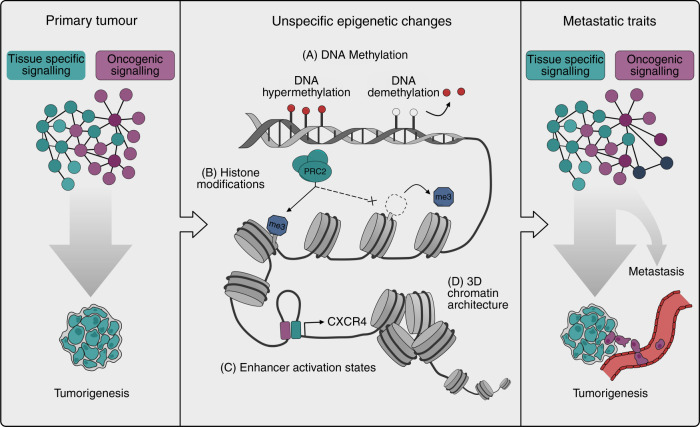Fig. 2. Epigenetic mechanisms alter oncogenic signalling in support of metastasis.
Genetically activated pathways and tissue-specific cellular programmes drive oncogenic signalling in primary tumours (left). The phenotypic output of these pathways can change via several epigenetic mechanisms ranging from alterations in DNA methylation (a), chromatin accessibility (b), histone modification states (c) and higher order chromatin conformation (d). As these epigenetic mechanisms are in principle unspecific, the actual phenotypes that emerge are dictated by the oncogenic programmes that are active in the cells. Some of these phenotypes will enhance oncogenic signalling and get selected for. The phenotypic output of the oncogenic pathways that drive primary tumour formation thus evolves via epigenetic alterations to support metastatic cancer phenotypes (right).

